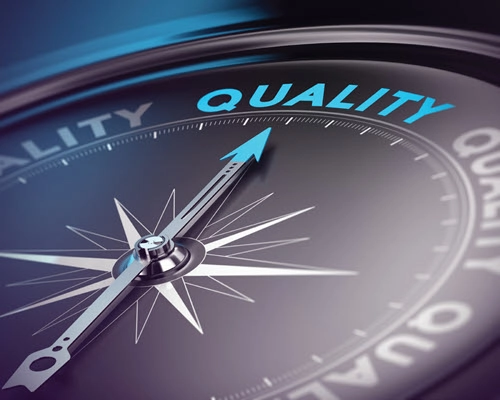Weigh Your Choices Carefully When It Comes To QAPI Waiver
Saying ‘yes’ to this waiver should not be automatic, expert urges. Just because a COVID-19 regulatory waiver is offered, doesn’t mean you should take the feds up on it. For example: The Centers for Medicare & Medicaid Services is modifying requirements for hospices to “develop, implement, evaluate, and maintain an effective, ongoing, hospice/HHA-wide, data-driven [Quality Assurance and Performance Improvement] program,” CMS said in waivers released April 30 (see Hospice Insider, Vol. 13, No. 6). “Specifically, CMS is modifying the requirements … to narrow the scope of the QAPI program to concentrate on infection control issues, while retaining the requirement that remaining activities should continue to focus on adverse events.” CMS has made the change because “this modification decreases burden associated with the development and maintenance of a broad-based QAPI program, allowing the providers to focus efforts on aspects of care delivery most closely associated with COVID-19 and tracking adverse events during the PHE,” according to CMS’ updated “Home Health Agencies: CMS Flexibilities to Fight COVID-19” document. But the waiver doesn’t mean QAPI goes away, CMS points out. “The requirement that HHAs and hospices maintain an effective, ongoing, agency-wide, data-driven quality assessment and performance improvement program will remain,” the document stresses. “With this QAPI waiver, agencies can focus on the infection control and adverse event portions of their QAPI programs,” says Sharon Litwin with 5 Star Consultants in Camdenton, Missouri. But agencies still may want to keep other quality indicators too, Litwin suggests. For example, if agencies have indicators such as IV services, physician notification, and wound care, Litwin suggests they continue with them. Such indicators “remain so critical to a patient’s health and safety,” she notes.

